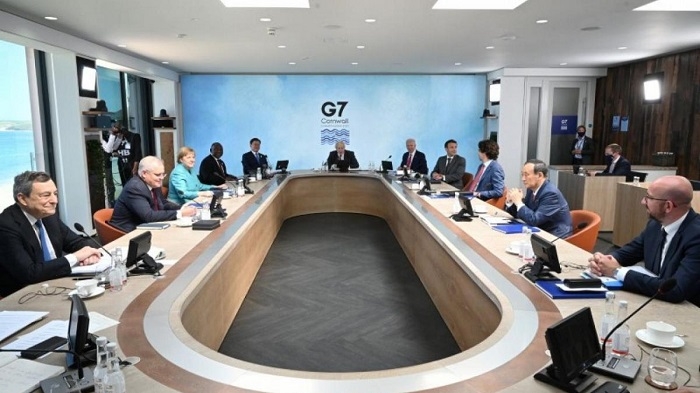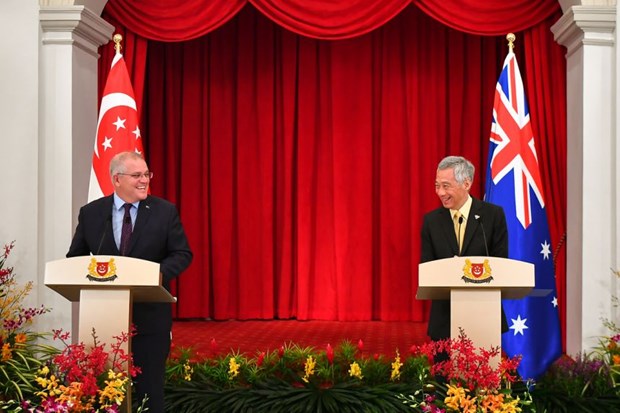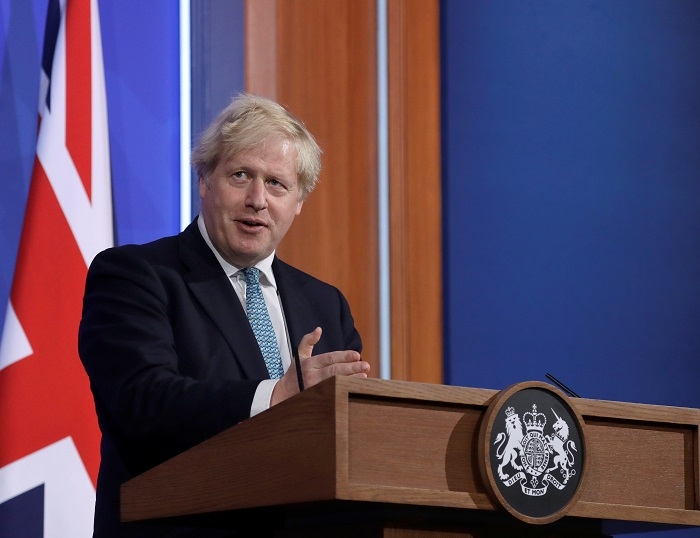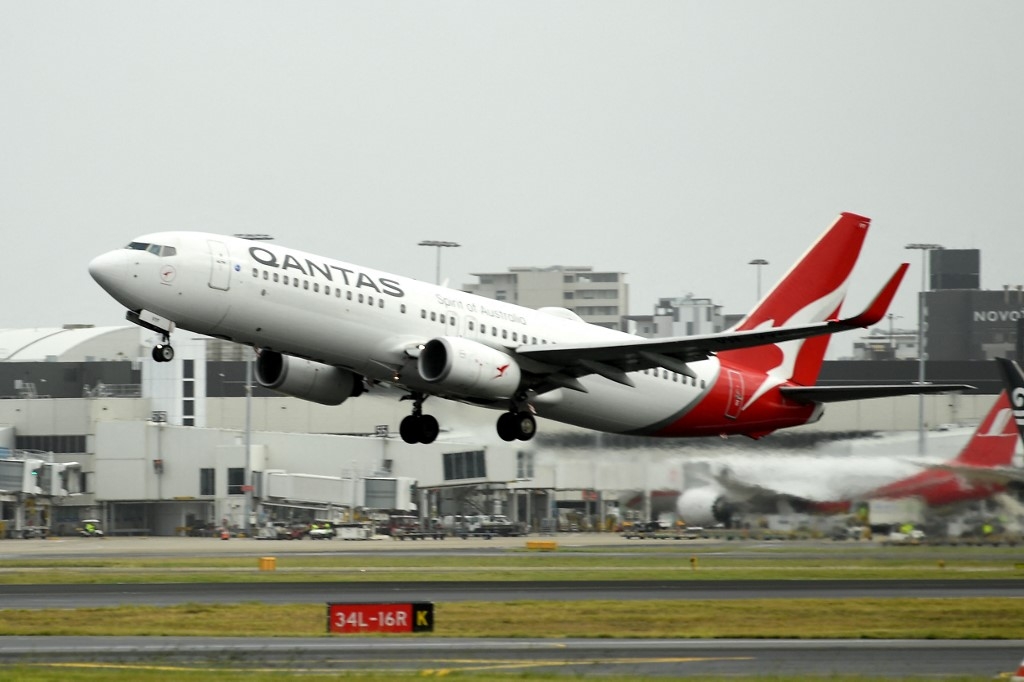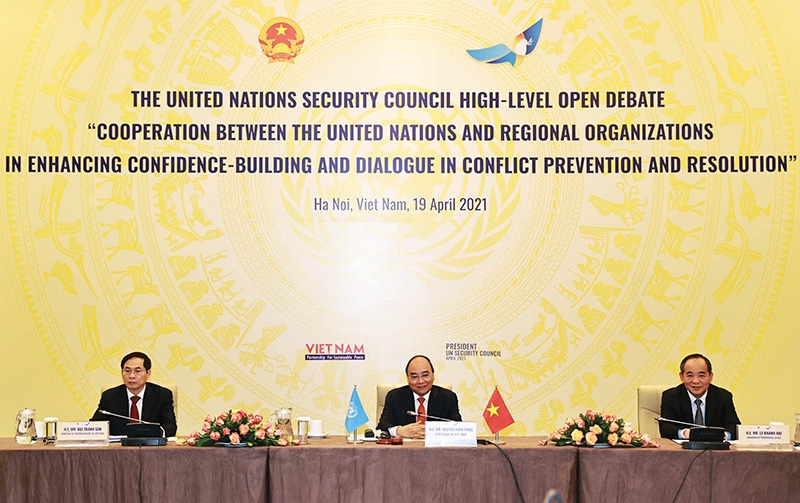ASEAN deepens cooperation with a technological tint
With ASEAN agreeing upon fostering digital cooperation, Vietnam as an active and responsible member of the bloc is beefing up the application of digital technologies and administrative reforms to facilitate trade and investment activities.
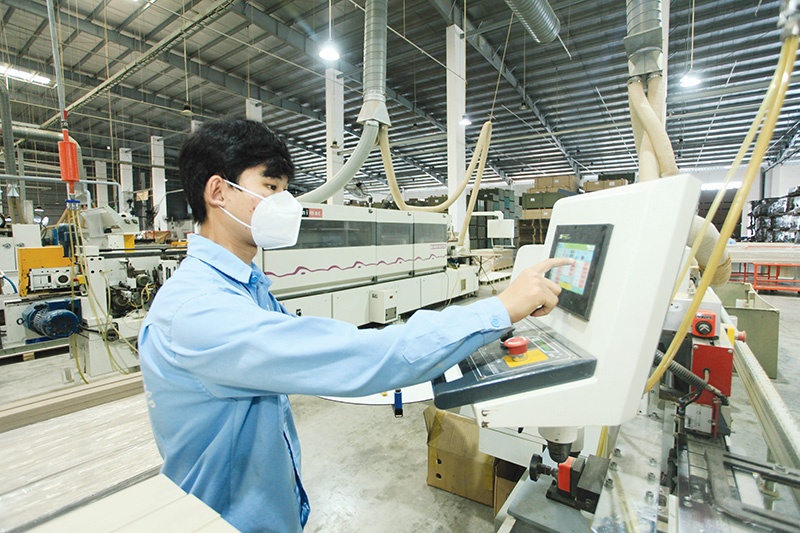
This year is expected to be a big one for Vietnam to attract more foreign retailers. Nguyen Thanh Van, a Ho Chi Minh City-based representative of a major Chinese retailer, told VIR that the group – which is one of China’s largest online retailers and also a member of the Fortune Global 500 – is set to invest in Vietnam this year with projects worth billions of US dollars. The company also operates in logistics, with sophisticated data-driven delivery technologies.
“We need to make more preparations before an official announcement can be made, to protect ourselves from competition in Vietnam where there are many successful online retailers,” Van said. “It is expected that when the group enters this country, the country’s online retail and logistics landscape will be changed, with even bigger competition.”
The reason why the group wants to set foot in Vietnam in e-commerce with a closed circle – from selling online to shipping goods directly to customers – is because over 60 per cent of the population are of the middle class and with big purchasing power. Vietnam’s average per capita income sat at $3,700 last year and is expected to rise to $3,900 by 2025.
However, according to Van, another reason is that Vietnam and other ASEAN nations have been ramping up their digital cooperation, paving the way for enterprises with digital solutions to perform better across the region. “This will enable our group to further cooperate with partners not only in Vietnam, but also in other regional nations,” Van said.
Currently, Vietnam houses many major foreign and local platforms like Sendo, Tiki, Tokopedia, thegioididong, Dienmayxanh, Lazada, Chotot, FPTshop, Meta, and Shopee.
Shared digital environment
In a bid to spur digital cooperation within ASEAN, the 10 member states in 2019 inked the ASEAN Agreement on Electronic Commerce, which took effect in December 2021. It aims to facilitate cross-border e-commerce transactions in the ASEAN region; contribute to creating an environment of trust and confidence in the use of e-commerce; and deepen cooperation among member states to further develop and intensify the use of e-commerce to drive inclusive growth and narrow development gaps.
Each member state has committed to offering an enabling legal and regulatory environment, providing a conducive and competitive business environment, and protecting the public interest.
Under this agreement, the member states shall cooperate in areas including ICT infrastructure; education and technology competency; online consumer protection; e-commerce legal and regulatory frameworks; electronic transaction security; electronic payment and settlement; trade facilitation; intellectual property rights; competition; cybersecurity; and logistics to facilitate e-commerce.
Cambodia is undertaking a role as ASEAN chair this year, with one of its priorities for regional cooperation to beef up digital transformation within ASEAN, where member states will have a bigger space to exchange experience and support in this sector.
At the 38th ASEAN Summit held via videoconference held last October, ASEAN leaders for the first time adopted a statement on advancing digital transformation in the region.
“ASEAN should transform itself into a leading digital community to harness the tremendous potential of digitalisation which brings many benefits to the bloc, including contributing to the increase of business opportunities, enhancing the variety and quality of goods and services, boosting productivity and efficiency, and improving diversification and competitiveness across segments of the economy,” read the statement.
ASEAN leaders agreed to deepen cooperation across sectoral bodies and community pillars for a strategic and holistic coordinated approach to enable inclusive and accelerated digital transformation to drive the post-pandemic recovery and build long-term resilience against future challenges and crises.
All the member states also vowed to strengthen regional digital integration and transformation by commencing negotiations for the ASEAN Digital Economy Framework Agreement by 2025 under the coordination of the ASEAN Economic Community Council, for a coherent, harmonised, and rules-based approach to progress cooperation in the digital ecosystem.
“The bloc needs to consider taking advantage of new factors such as digital transformation, digital economy, circular economy, green technology, renewable energy and high-quality human resources to participate more deeply in regional and global supply chains and improve the attractiveness of the ASEAN market,” stated Prime Minister Pham Minh Chinh. “Vietnam is also accelerating the digitalisation of the economy in favour of individuals and businesses, and to facilitate intra-bloc e-trade activities.”
For example, Vietnam’s government is ordering the improvement of the operation of the Vietnam National Single Window, which facilitates businesses to conduct all procedures online, and which is connected with the ASEAN Single Window (ASW).
The ASW is an environment that provides secure IT architecture and legal framework that will allow trade, transport, and commercial data to be exchanged electronically among government agencies and private sectors. The ASW aims to expedite the cargo clearance process, reduce cost and time of doing business, and enhance trade efficiency and competitiveness.
According to Vietnam’s Ministry of Industry and Trade, Southeast Asia is now Vietnam’s fourth-largest export market. Vietnam’s export turnover to the region surged from under $1 billion in 1995 to $18.23 billion in 2015. However, the figure ascended to $25.3 billion in 2020, up 1.9 per cent on-year. In 2021, it sat at $29.1 billion, up 25.8 per cent on-year.
Meanwhile, Southeast Asia is also Vietnam’s third-largest import market. The country’s import turnover from other member states totalled $32 billion in 2018, and $32.1 billion in 2020. The figure touched $41.1 billion last year, up 34.8 per cent on-year.
As of December 20, Vietnam attracted $92.37 billion in registered investment capital from ASEAN member states, including Singapore ($64.3 billion), Thailand ($13 billion), Malaysia ($12.8 billion), Indonesia ($610 million), and the Philippines ($610 million).
Enhanced credit
Vietnam’s efforts to develop a pro-business e-government and a digital economy with growing e-commerce have received applause from the international community.
Under the United Nations Department of Economic and Social Affairs’ newly-launched hallmark E-government Survey, Vietnam has climbed two places to rank 86th out of 193 countries. With this ranking, Vietnam has maintained its record of consecutive increases since 2014, climbing from 99th in the process.
Harvesting 0.6667 points in the survey’s E-Government Development Index (EGDI), Vietnam is among the e-government developing countries with a high index, a score which is higher than the global EGDI average of 0.5988 points, the Asian average of 0.6373 points, and the Southeast Asian average of 0.6321 points.
In Southeast Asia, Vietnam has successfully maintained a similar status as in 2018, ranking sixth among 11 countries, behind Singapore, Malaysia, Thailand, Brunei, and the Philippines.
“The tax authority in Vietnam has implemented e-filing, e-payment, and e-customs initiatives that have helped to improve tax collection and management and have lowered taxpayers’ compliance costs,” the survey report cited.
Van from the Chinese group told VIR that during the preparations for a plan to penetrate the Vietnamese market, the group has acknowledged the international community’s praise in terms of the country’s potential and efforts to provide a more favourable business and climate change for businesses and investors.
“It is expected that after obtaining an investment certificate in Vietnam, the group will work with local partners in Hanoi and Ho Chi Minh City first. In its development plan, after successfully setting up its presence in these two cities, the group will consider the same initiatives in other localities,” Van said.
“Vietnam is strong in internet development, with many tech-savvy people, and this offers great opportunities for groups like ours.”




